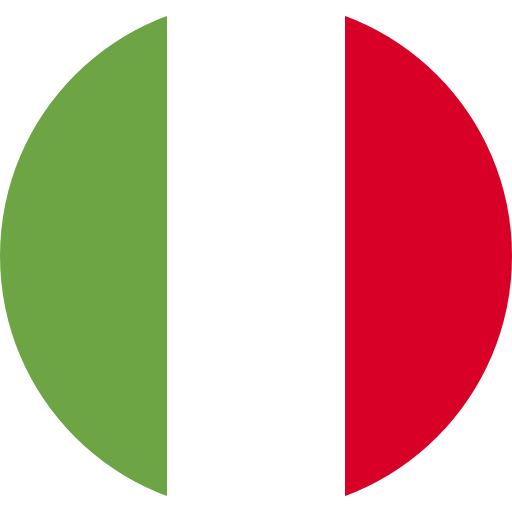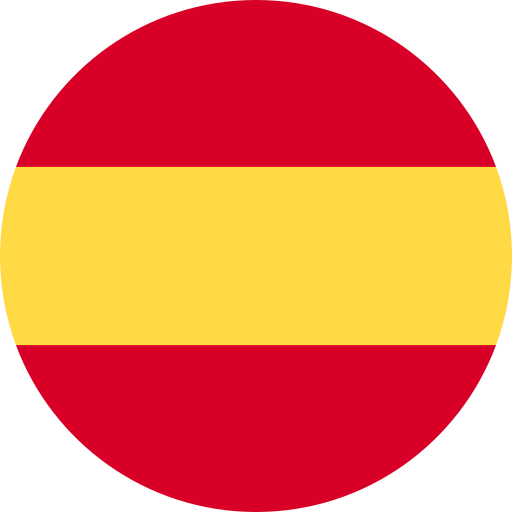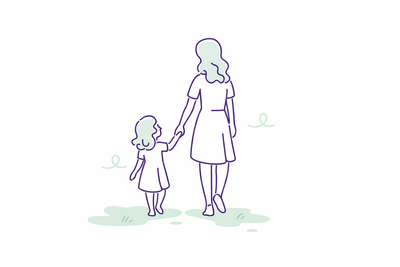
I’m lucky. I don’t have degenerative diseases, mental disorders or physical conditions. I’m not obese nor overweight. I’m healthy.
But there are many people out there who are not as lucky. People who fight these diseases and disorders every day of their lives.
But what many of these fighters are discovering now, is that sometimes it takes as simple of a step as changing your diet to improve your conditions.
This mother, Dr. Katherine Reid, is one of them.
At the age of three, her daughter was diagnosed with autism. She couldn’t interact or bond with others, she couldn’t express feelings, understand or answer questions, let alone have a real conversation.
After trying a number of therapies and enrolling her in a special needs school, she decided to take a step further and change her child’s diet, because many people had reported benefits when eliminating gluten (all wheat and grains) and casein (all dairy products).
I don’t want to put a label on it, but that to me sounds an awful lot like paleo diet.
Well, what happened to this little girl in as little as six months is mind-blowing. Watch the video above to believe.
What I learnt from this video (stick with me, it's very interesting!)
I’m not a scientist, but I used to love my biology and chemistry classes and to this very day science fascinates me.
My problem with science is that I can always grasp concepts when somebody explains them to me, but in order to actually understand them I have to write them down in my own words.
So here is what Dr. Rein (and some further research) taught me today.
All the artificial foods we buy in stores (as opposed to the foods we find in nature) are full of MSG, Monosodium Glutamate, which is related to many disorders and mental diseases.
Let's start with glutamate—what is it?
Glutamate is an amino acid and an amino acid is a building block of a protein. Let’s put it this way: if proteins were houses, amino acids would be the bricks those houses are built with.
We need glutamate because it activates 50% of our nervous system and plays an important role in critical metabolic functions (all the processes that keep our bodies going). Luckily, our body manufactures it, so we can use it when we need it, as much as we need.
But we also get glutamate from our foods, in two forms:
- Bound glutamate, so called because it's linked to other amino acids. Imagine a chain in which every link is an amino acid and every now and then one of these links is a glutamate. That's a bound glutamate, which is the kind we find in protein.
- Free glutamate is when the glutamate is not linked to any other amino acids, but it's free, on its own. MSG, Monosodium Glutamate, is the most common type of free glutamate. MSG exists naturally in food in a very tiny amount, so the problem is when we introduce too much of it in our body.
But how is it possible to take in too much MSG if there's only a very small percentage of it in natural foods?
By eating artificial foods. Foods that go through manufacture, pasteurisation, fermentation, enzyme modification, fat removal processes… and then come to our stores nicely packaged and full of MSGs.
Why? Because all these processes break apart the amino acid chain that we find in natural foods and free all the glutamate, thus enriching our foods with MSGs.
Unfortunately, when we buy packaged products, MSGs are not very easy to recognise on the label as there are at least 50 different ways manufacturers can label MSG (natural flavours, yeast extract, soy protein, seasonings, citric acid…). Here’s a list, if you’re curious.
So, why are manufacturers enriching our food with MSG? Simple. Because it creates a neurological reaction that tricks our brain into thinking food tastes good. Scary.
And why is excessive MSG intake bad for us?
Because it can cause chronic activation of mucus production, motility function, digestive processes, etc. It also bypasses the digestive system, so it absorbs into the blood much more quickly, which could cause surges.
Not only. Both type 1 and type 2 of diabetes are associated with excessive free glutamate intake. To cut a long story short, MSG is real bad for you.
What everybody should learn from this video
Some of us are lucky. We don’t have degenerative diseases, mental disorders, physical conditions. We’re not obese, nor overweight. We are healthy.
Unfortunately, that’s not a given and can change overnight.
But thanks to stories like this—that are more and more frequent—we now know that changing our diet by reducing or eliminating gluten and casein and eating more natural foods can make us healthier and maybe even give us a few more years with our loved ones.
In a few words, we are what we eat.
And if we are aware of this and still don’t act on it, well, we’re nuts.
































